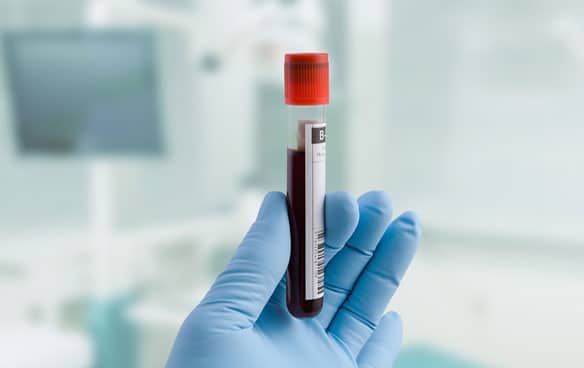After Coping With Congenital Heart Disease Since Birth, Andrew Solis, 21, Spent Nearly 8 Months at Cedars-Sinai Waiting for His New Heart and Liver
Newswise — LOS ANGELES — (June 13, 2022) — While many 21-year-olds celebrate their coming of age in bars and nightclubs, Andrew Solis is celebrating freedom by finally going home—equipped with a new heart and liver—after nearly eight months at Cedars-Sinai.
“Before my heart and liver transplant, I was stuck in the hospital, feeling weak, anxious and stressed,” said Solis, a Long Beach resident who was born with a heart condition. “Now, with my new organs, I feel great—like a new person. I feel really grateful and blessed for the wonderful team that has been behind me.” Read the full story in News Wise here.









